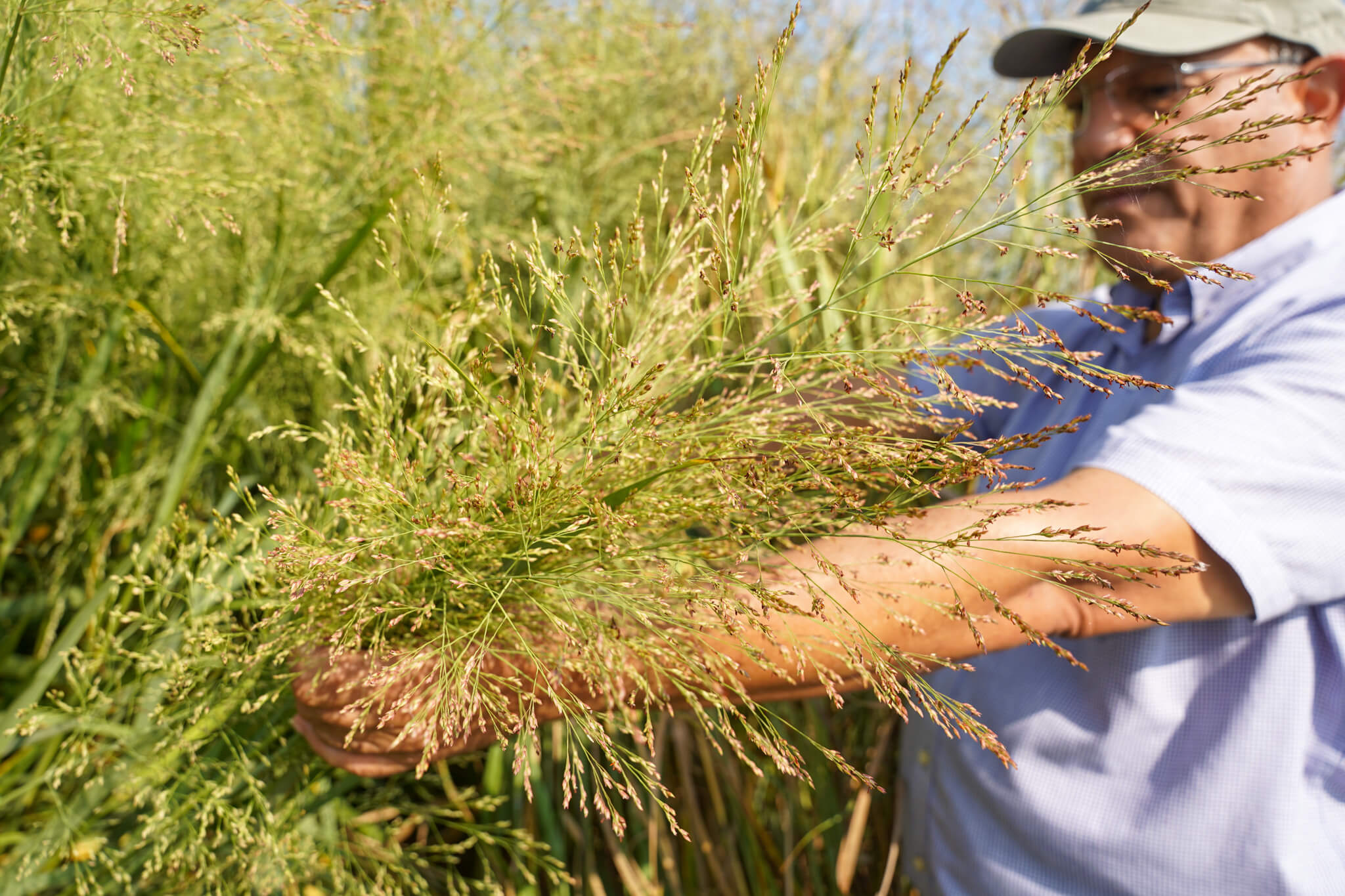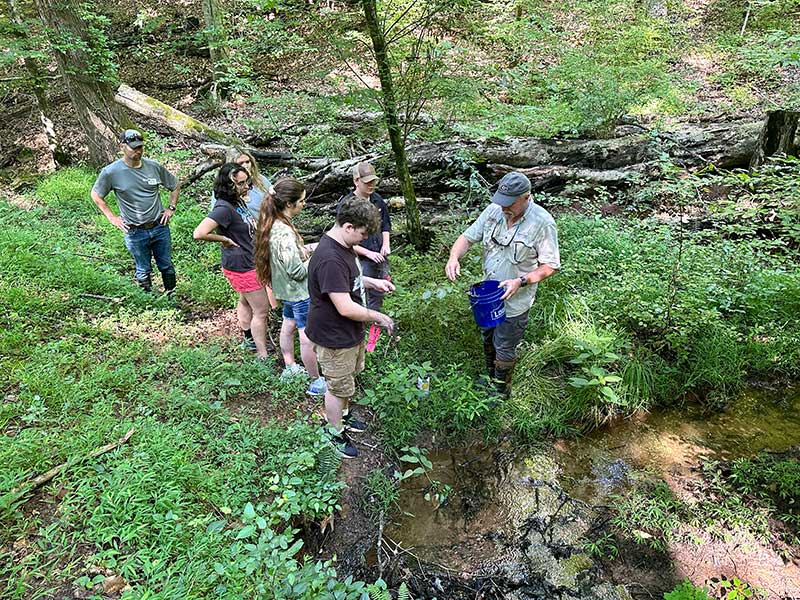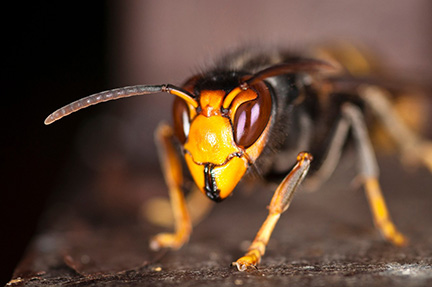 CAES News
CAES News
UGA-Tifton Groundbreaking
The University of Georgia College of Agricultural and Environmental Sciences and the U.S. Department of Agriculture’s Agricultural Research Service have broken ground on a new state-of-the-art research facility housing the Southeast Watershed Research Laboratory and the Crop Genetics and Breeding Research Unit. the UGA Tifton campus, the research facility will include a new, 31,000-square-foot building housing university and ARS employees working on climate-smart agricultural research.

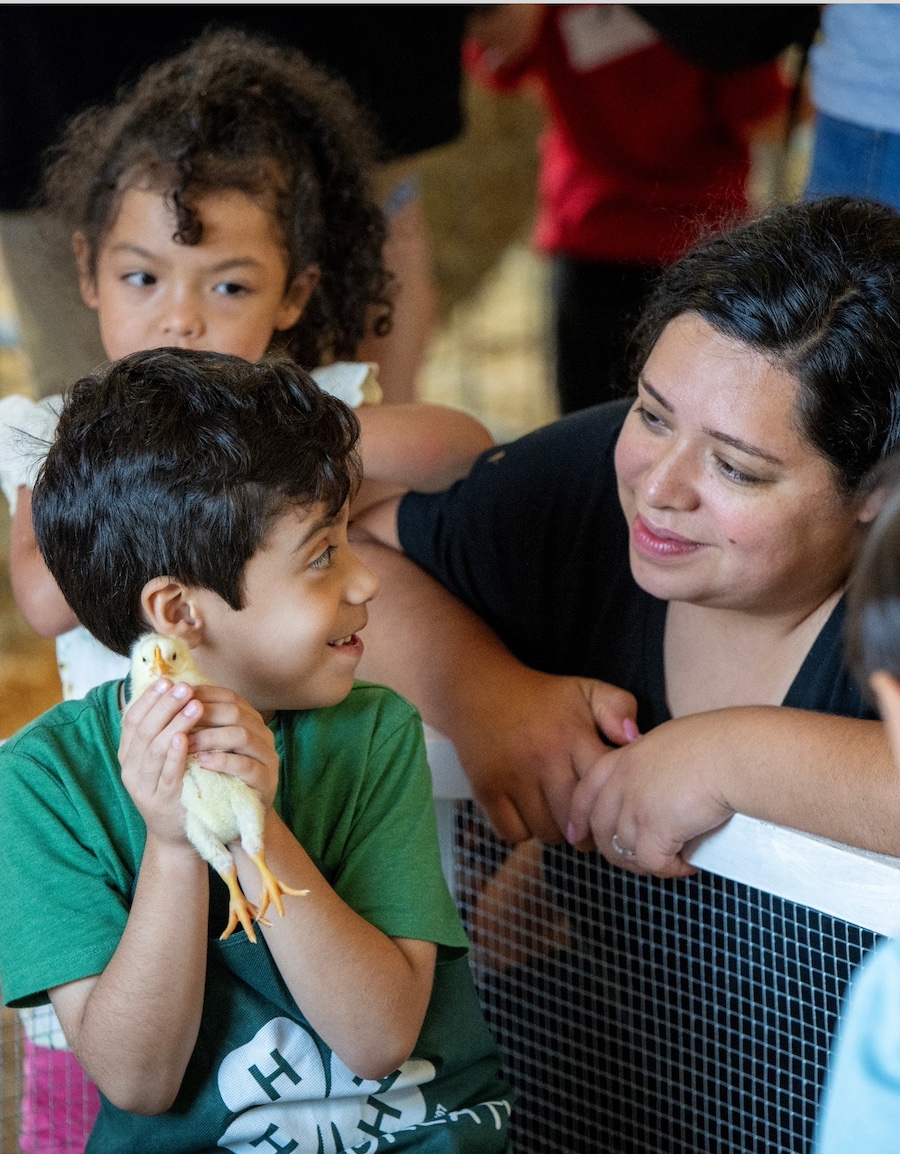
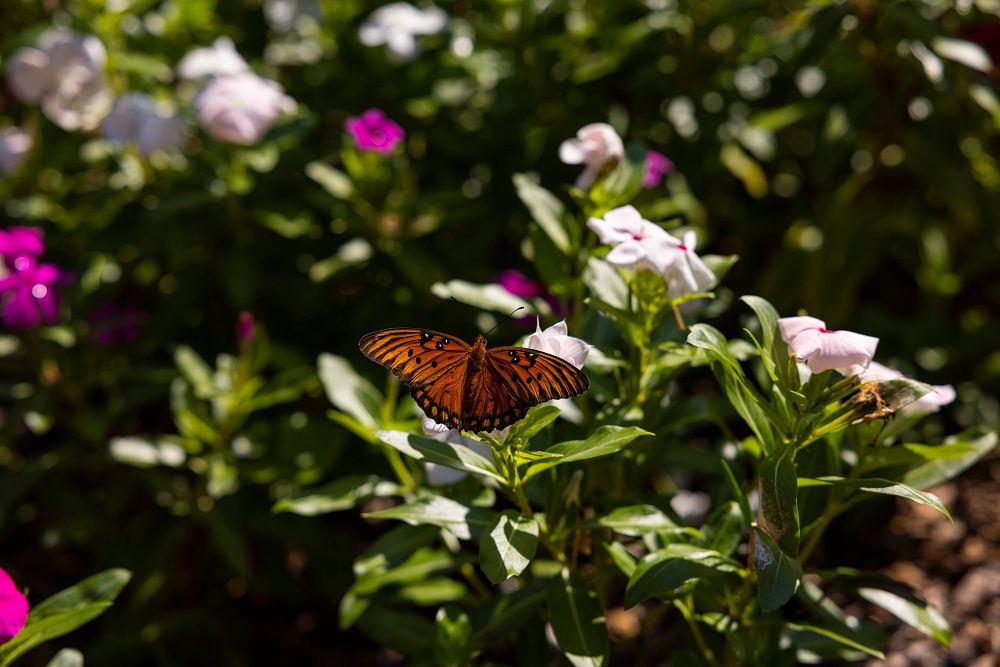
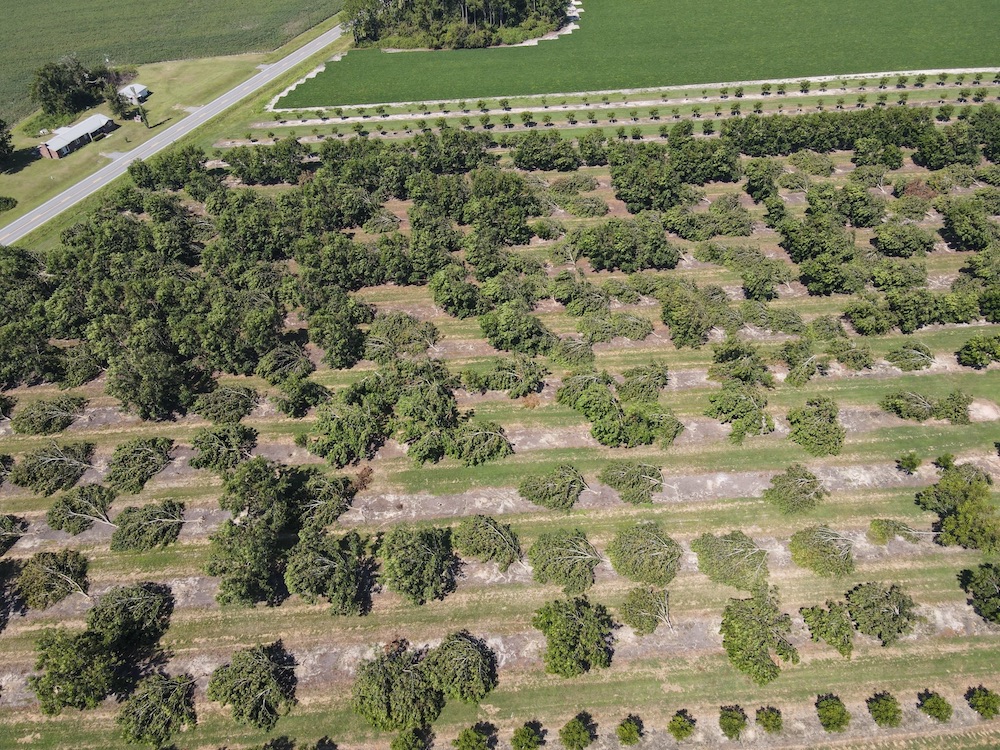
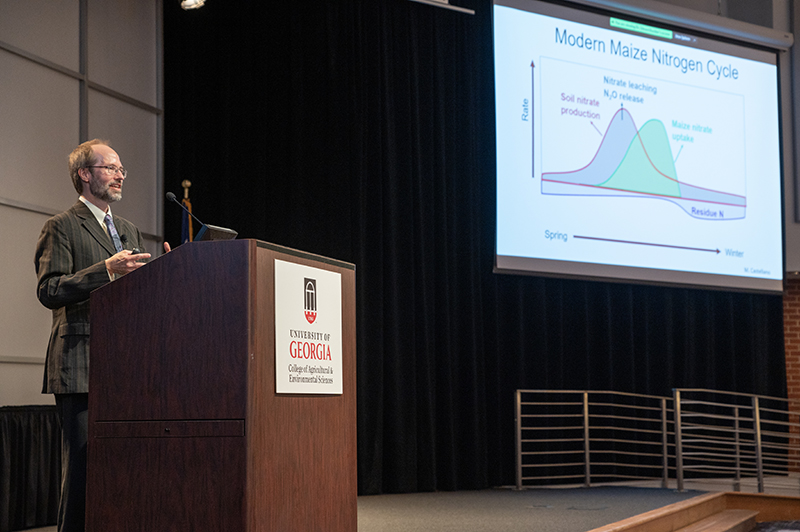
.png)
